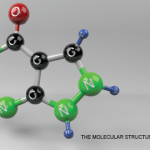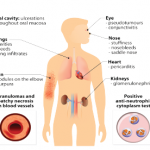Psoriatic arthritis came to be viewed as a distinct disease entity with specific clinical features, genetics and pathophysiology only gradually. One important historic development in this transition was a 1973 paper written by a pair of researchers out of Leeds, England: John M. Moll, BSc, DM, and Verna Wright, MD, FRCP.1 Here we discuss the…










